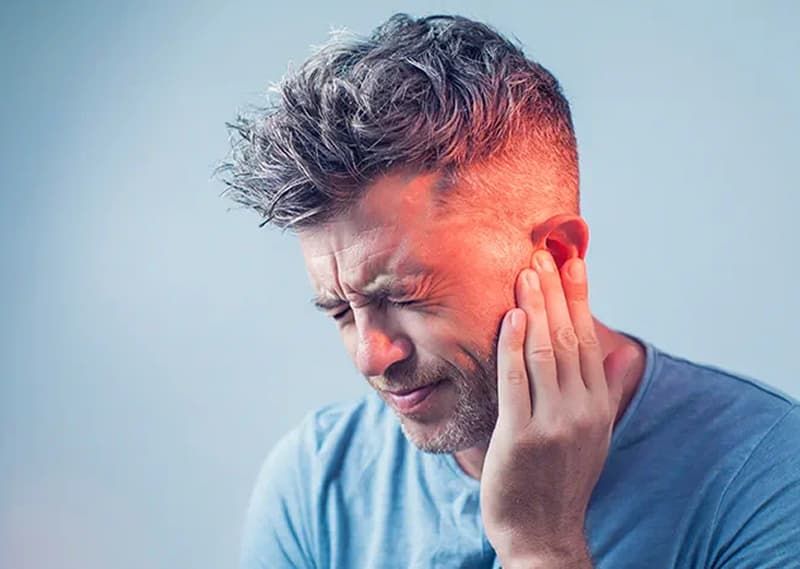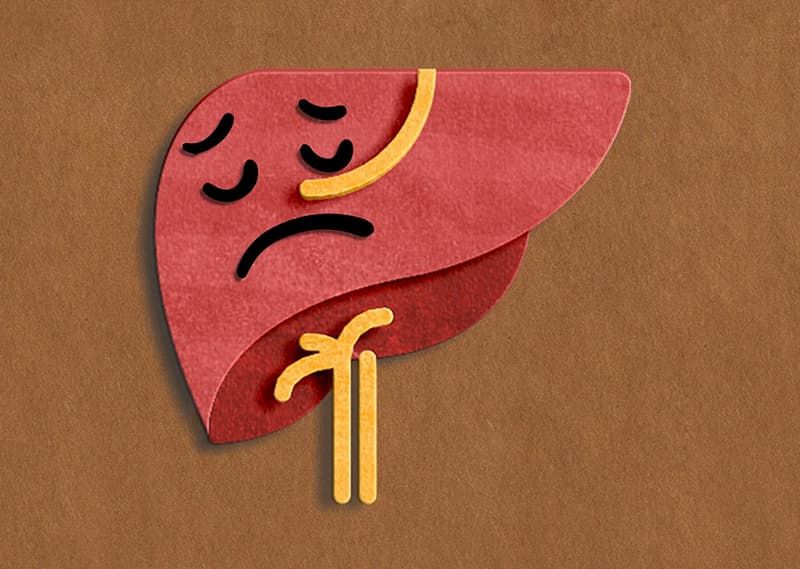Understand and Tame Tinnitus When Your Ears Just Won’t Stop Ringing
Tinnitus—it’s those annoying sounds, like a constant ringing, buzzing, hissing, or even in-your-face roaring noise echoing inside your ears. Millions of folks all over this world deal with it. Now, let it be clear: it’s not exactly a disease in itself. It’s more a symptom that tells you something’s not quite right in the auditory system. So, if your ears seem to be putting on a show more often than not, it’s high time to wrap your head around the reasons, how you might kick it to the curb, and the treatments out there to help keep it in check—after all, this annoyance can really mess with your life.

What’s Tinnitus and What Sparks It Off?
Tinnitus shows its or noise as sounds emanating from within your head or ears without any natural trigger. The pitches can jump around—sometimes ringing, maybe chirping, clicking, or even a harsh shriek now and again. And here’s the kicker: it can mess with one or both ears. It can be here today and gone tomorrow—or it can stick around like an unwanted guest.
Dig a little deeper, and the heart of tinnitus can be tied back to all sorts of causes. Most commonly, it’s related to damage done—or just changes—in the auditory system or other issues in the bosom of health. These culprits could be something like:
1. Too much racket: Blasting music in your ears, working away in such noisy places, or even raving too hard at concerts can chatters away at those delicate nerves.
2. Aging’s toll: As we greet birthdays, our fragile hearing lives wear down, which sadly might set off some ringing.
3. Ear trouble: Blocked ears from a stubborn infection or earwax buildup only heightens the gamble of getting tinnitus.
4. Meds can be evil: Watch out for certain pills—like some heavy antibiotics, cancer-fighting wonders, or those pain relievers—that can nail you with hearing problems.
5. Health battles: Cardiovascular diseases, neurological disorders, temporomandibular joint (TMJ) disorders, Meniere’s disease, thyroid problems, and head injuries can all contribute.
6. Troubles in the blood department: Rough circulation can lead to pulse-like ringing harmonizing right along with your heartbeat.
How to Dodge Tinnitus
Now, you can’t always dodge the bullet of tinnitus, especially when it’s birthing from unavoidable health drama. But, I reckon you can take a few down-to-earth steps to lessen its sting like:
1. Gear up your ears: Think earplugs or earmuffs when you’re in places that can make your ears bleed (over 85 decibels).
2. Flee from loud comforts: Stay clear of the stage front at your favorite concert; reduce that headphone volume to below 80% for only under 90 minutes once in a blue moon, and pull yourself from noisy ranges.
3. Pay mind to your heart: Running, cooking veggie meals, and keeping an eye on that blood pressure will help keep the blood flowing happily to your ears.
4. Give up craziness: Those cups of coffee, smokes, and, yep, booze could crank up tinnitus. You want tranquility, not tearing them all in, from your veins to your nerves.
5. Chill out: Stress can whip your tinnitus into a frenzy. So, maybe take up yoga, meditative practices to some pleasant melodies that make you calm down.
6. Don’t poke around: No swabbing your ear canals with cotton swabs or jeez, finger poking. You could cause an infection and lead yourself into a towel full of tinnitus.
7. Consult before popping pills: Really do check with your doc—some prescriptions may trumpet tinnitus as a side effect.
Effective Treatments for Tinnitus
Now for the fun part—how to whittle it down. No one-size-fits-all cures, unfortunately—but many paths could shake things up for the better:
1. Hearing aids: For those with hearing loss, hearing aids amplify external sounds, which can mask tinnitus and reduce its perception.
2. Sounds that soothe: Cover it with sound generators playing white noise or calm chords.
3. For major loss get cochlear implants: These marvels assist the tough cases, claiming your hearing back and possibly ringing whilst they’re at it.
4. Therapy is your friend: Psychological support helps patients manage the emotional and mental effects of tinnitus.
5. Medications are around: While no drugs specifically cure tinnitus, some medications can alleviate associated symptoms like anxiety or sleep disturbances.
 Disclaimer:
Disclaimer:
The content provided on our blog site traverses numerous categories, offering readers valuable and practical information. Readers can use the editorial team’s research and data to gain more insights into their topics of interest. However, they are requested not to treat the articles as conclusive. The website team cannot be held responsible for differences in data or inaccuracies found across other platforms. Please also note that the site might also miss out on various schemes and offers available that the readers may find more beneficial than the ones we cover.
Featured Articles
-
 Finance
FinanceThe Power and Need for High- Yield Savings Accounts
-
 Home & Garden
Home & GardenIs a Riding Lawn Mower a Worthy Investment for Your Yard?
-
 Automotive
AutomotiveUnlock the Benefits of Oil Change Coupons for Drivers
-
 Automotive
AutomotiveWhat’s the Big Deal with Ceramic vs. Organic Brake Pads? Which Type is Hard on Rotors?
-
 Health & Wellness
Health & WellnessEarlier Signs of Liver Damage That Nobody Should Ignore
-
 Automotive
AutomotiveInsider Secrets to Negotiating Your Car Purchase Like a Pro




